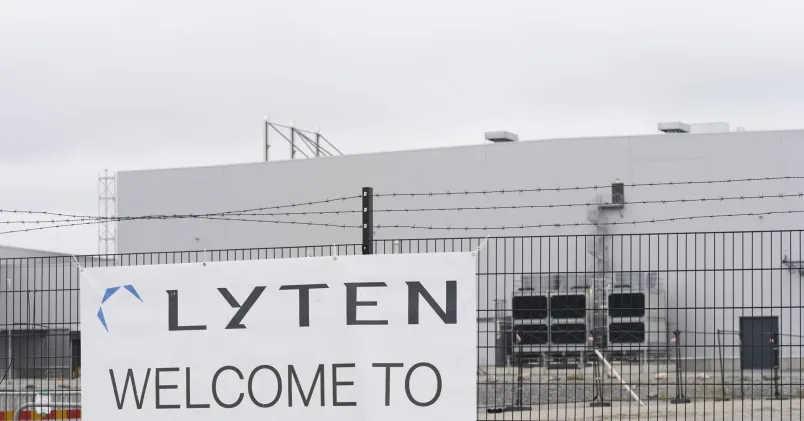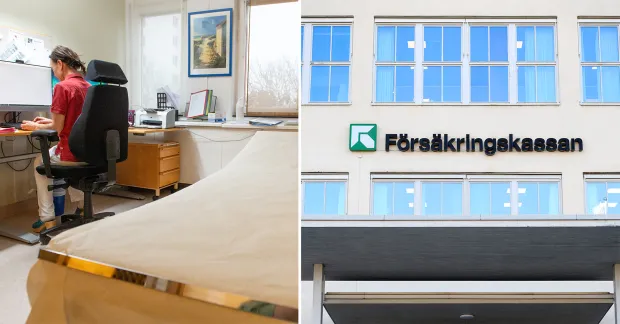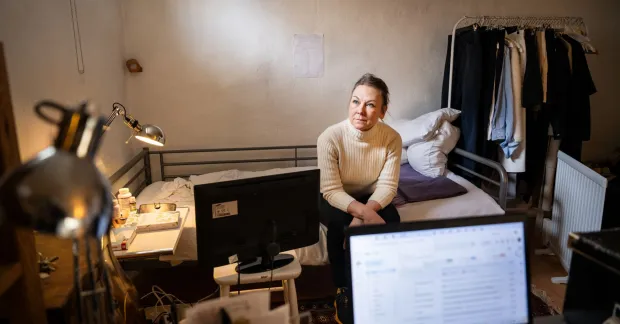
I oktober i år presenterade regeringen initiativet 100-klubben där företag med hjälp av särskilt stöd från Arbetsförmedlingen ska ge minst 100 nyanlända personer jobb under de kommande tre år.
Ett av företagen är Sweco som sysslar med samhällsbyggnad och infrastruktur. Trots att Sweco anställer mellan 800 och 1 000 medarbetare per år har man svårt att hitta rätt kompetens. Verksamheten har främst behov av ingenjörer och arkitekter, som det råder brist på i Sverige.
Sweco har länge haft ambitionen att anställa olika typer av människor, vad gäller till exempel kön och etnicitet.
– Vår uppgift är att utforma framtidens städer och samhällen och vi tror att man bäst gör det genom att spegla hur samhället ser ut. Då måste man motverka att den egna organisationen blir för likriktad, säger Åsa Bergman, vd på Sweco Sverige.
Med den situation som råder i och med flyktingkrisen, tillsammans med matchningsproblematiken, var det därför självklart för Sweco att tacka ja till regeringens förfrågan att gå med i den så kallade 100-klubben, berättar Åsa Bergman. Dels för att som arbetsgivare bidra genom att erbjuda praktik och jobb, dels för att öppna upp en ny kanal för att få in rätt kompetens.
Arbetsförmedlingen har avsatt särskilda resurser och personer för att hitta den specifika kompetens som företagen i 100-klubben söker. Eftersom många nyanlända finns på mindre orter runt om i landet försöker Sweco även rigga kontakter på lokala arbetsförmedlingar på de över 50 orter där företaget bedriver verksamhet.
Sweco har stor erfarenhet av att anställa arbetskraftsinvandrare som inte talar svenska, men enligt Åsa Bergman är viss skillnad att rekrytera nyanlända flyktingar. Har man arbetskraftsinvandrat har man ofta aktivt valt både land och företag och har ofta koll på verksamheten.
– Vi får målinriktade personer som söker sig direkt till oss, utan kontakt med Arbetsförmedlingen och då är kontaktytorna lättare. I och med flyktingkrisen vet vi att det kommer personer med hög kompetens, men det gäller att hitta dem och att synliggöra vilken typ av bolag vi är. Arbetsförmedlingen har en viktig roll att spela i att para ihop de personerna med oss.
På frågan om Åsa Bergman tror att det finns en försiktighet eller rädsla hos arbetsgivare att anställa människor som flytt svarar hon att det alltid finns ett motstånd till att göra saker som är svårt.
– Det är klart att det är lättare att ta in en person som pratar svenska eller som har varit i Sverige en tid och vet hur det fungerar här.
För att underlätta får Sweco även stöd från Arbetsförmedlingen när det gäller att utveckla sina chefer att bättre ta hand om personer som är helt nya på svensk arbetsmarknad. Som att bli bättre på att leda i mångfald och att introducera medarbetare till arbetslivet i Sverige.
– Det kan vara saker som jag tar för självklart men som du som nyanländ flykting inte har en aning om. Man har en helt annan uppgift som mottagande arbetsgivare till de personerna.
Initiativet är tänkt att dra igång på riktigt under 2016 men redan nu, efter drygt en månad, har Sweco rekryterat två nyanlända medarbetare.












